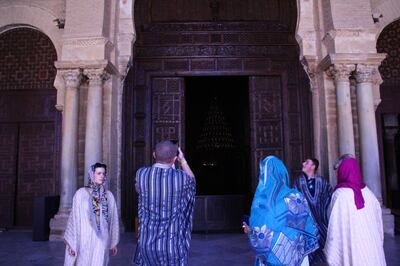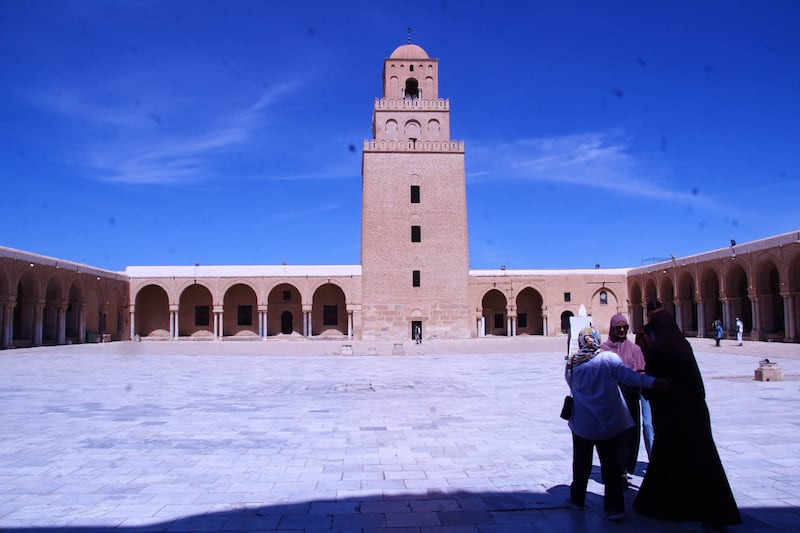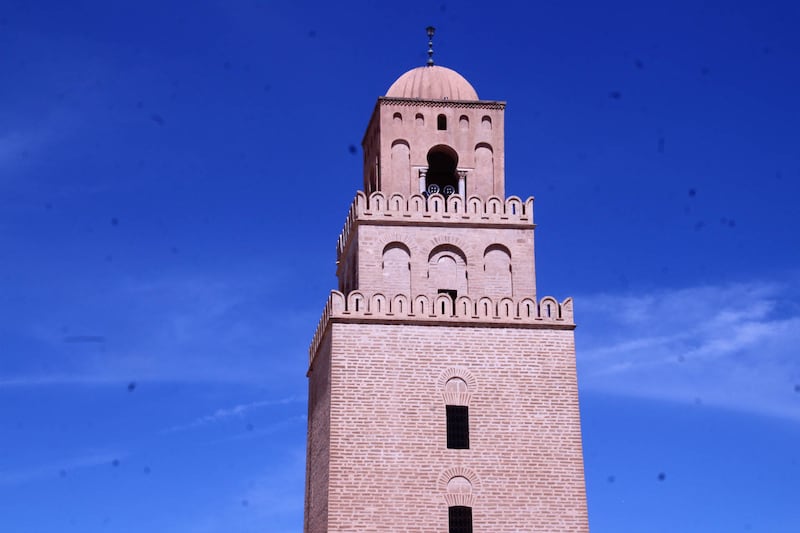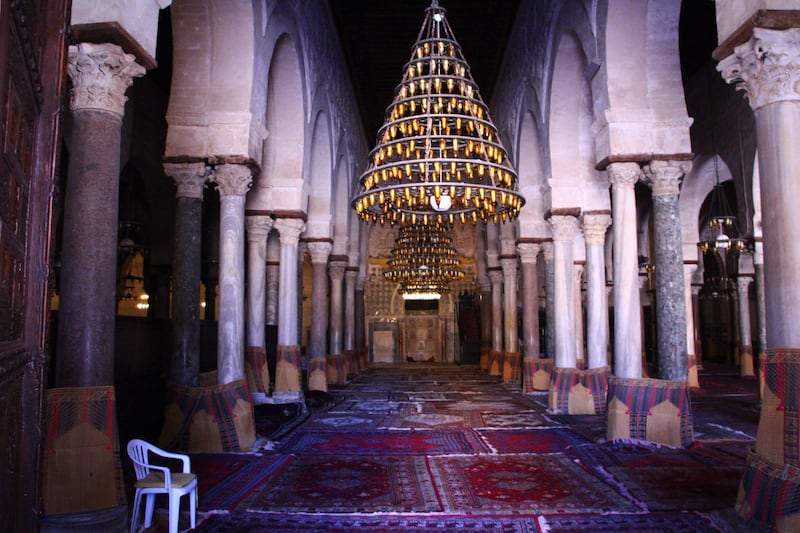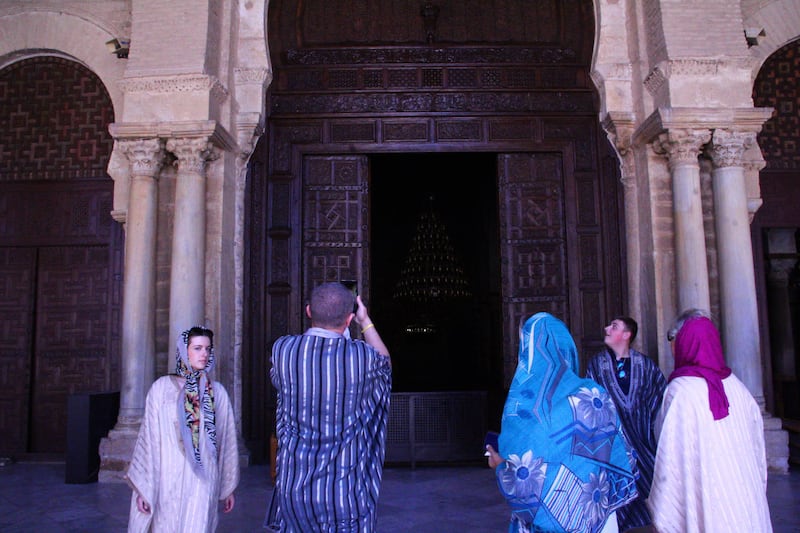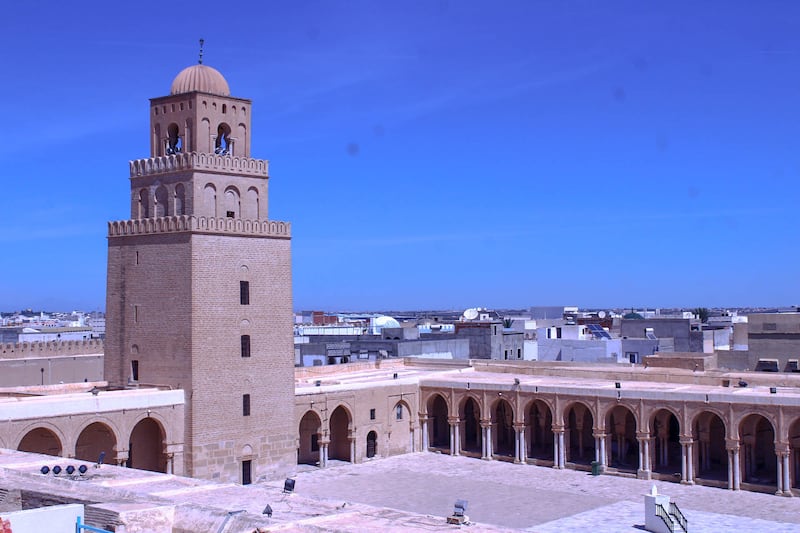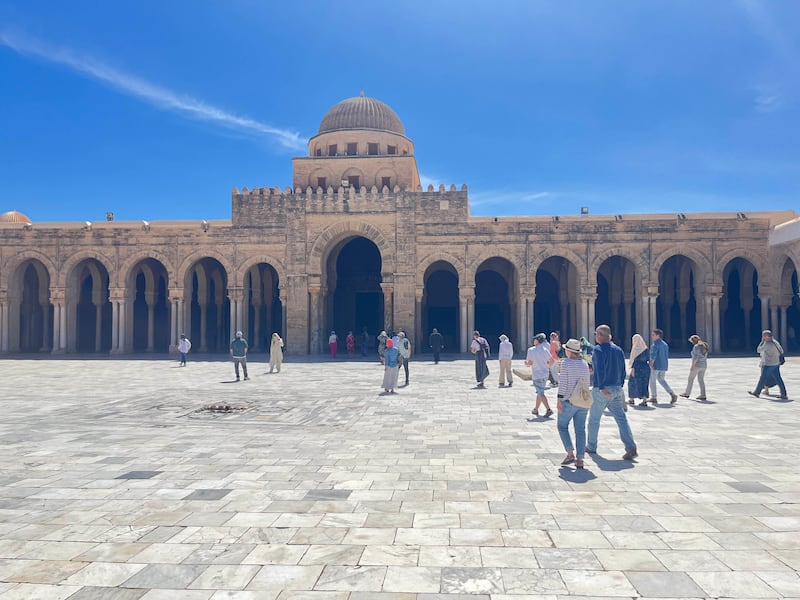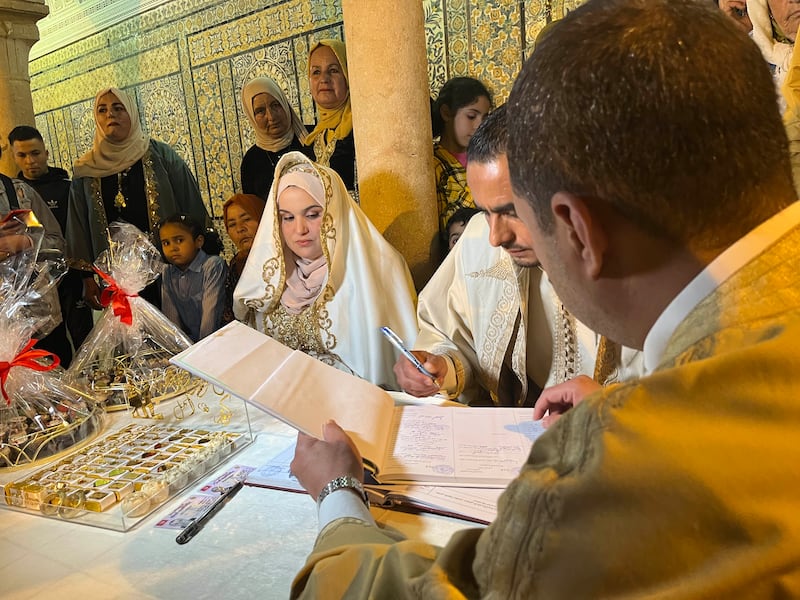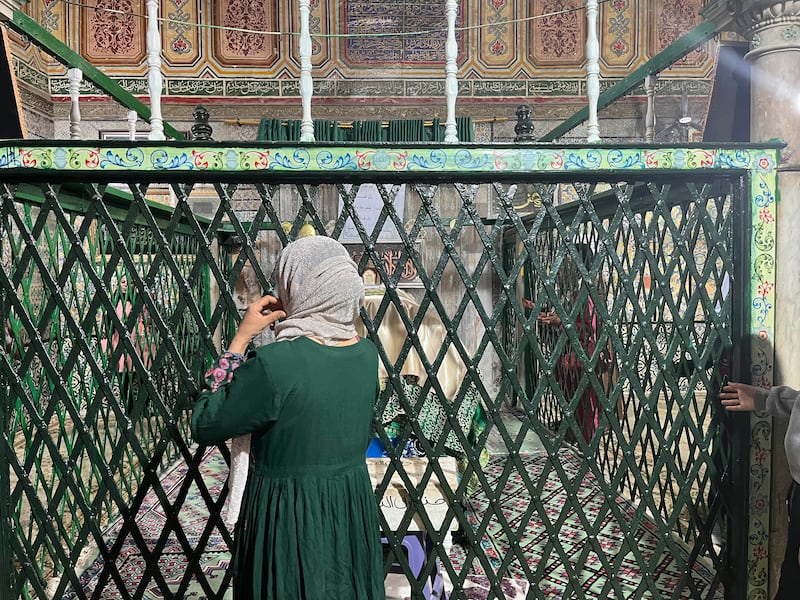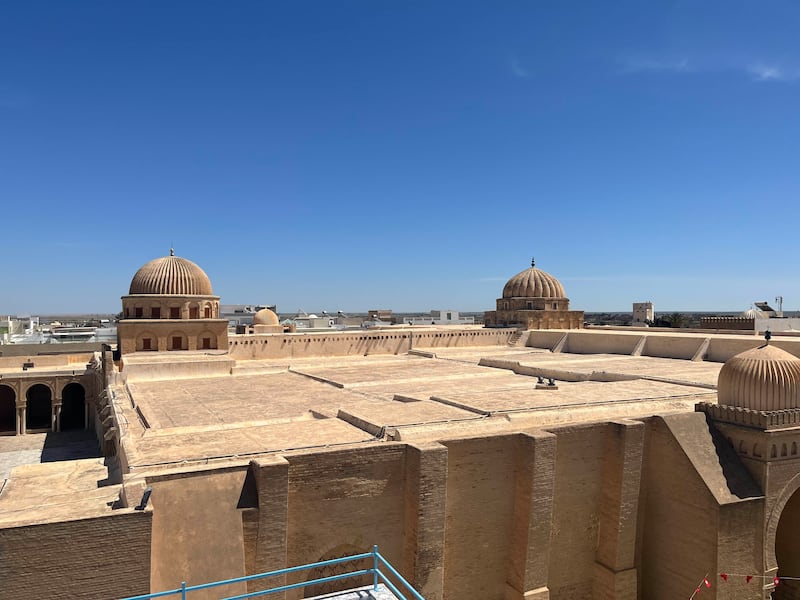As Ramadan nears its end, Tunisia’s holy city of Kairouan is still buzzing with visitors and residents who continue to honour the legacy of their ancestors and traditions that have stood the test of time.
Lying in the heart of Tunisia in a plain at an almost equal distance from the sea and the mountains, Kairouan is the most ancient Arabo-Muslim base of the Maghreb. It was built more than 1,350 years ago and remains the most popular attraction for Tunisians and pilgrims from North Africa and beyond during Muslim events and celebrations.
The city has been known since its construction by the Umayyad Caliphate in the seventh century as an important hub for Sunni Islamic scholarship and a place of gathering worshippers who want to maintain their connection with such rich religious heritage.
Today, it is a Unesco World Heritage Site that welcomes millions of visitors every year, mainly during Ramadan, to bear witness to the majesty of Islamic history.
"Capital of Ifriqiya for five centuries, it was a place of outstanding diffusion of Arabo-Muslim civilisation," says Unesco on its website. "
Kairouan bears unique witness to the first centuries of this civilisation and its architectural and urban development."
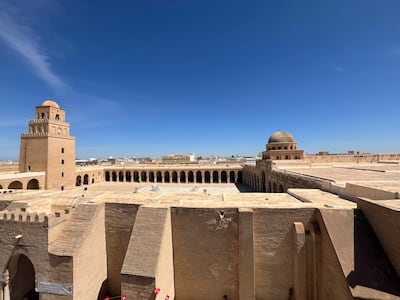
The moment one steps into the city, they are greeted by a kaleidoscope of colour, amazing constructions and long-standing fortresses, but most notably, the The Grand Mosque of Kairouan, also known as the holy Uqba Ibn Nafi Mosque.
The inscribed site is a serial property that includes the medina and its suburbs, the Basins of Aghlabids and the Zawiya of Sidi Sahib.
Bonding through traditions
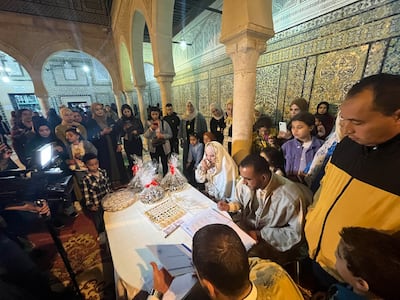
During Ramadan, the celebrations in this holy city are unmatched, with the constant sound of duaa coming from every mosque and Sufi music blasting out from cafes.
In the streets at night, the sounds of zagharit rise from people who wait for this special occasion to get married or have their children circumcised.
Despite occasions such as weddings ordinarily being family-only events, during Ramadan strangers are welcome to attend the more public ceremonies held at Sidi Sahbi.
“This is part of our tradition. Every year in Ramadan we come to Sidi Sahbi to get our children circumcised,” Olfa, whose nephew underwent the procedure, told The National inside the mausoleum.
It is built around the shrine of Abu Jamaa El Balawi, known as one of the Prophet Mohammed’s companions. People from Kairouan honour him every Ramadan by celebrating the most important milestones in their lives.
As people count the last days before Eid Al Fitr, Tunisians take advantage to witness the beauty of Kairouan during its most-celebrated season and gather in large numbers to share the special traditions of the city.
Visiting from the coastal town of Touza, Monastir, a group of 100 scouts chose Kairouan as a destination to learn more about their country’s history.
"We wanted to take advantage of the holy month to bring our kids here and educate them about Kairouan and what it symbolises for Islamic civilisation,” group leader Khaled Kandil told The National in the square surrounding the mosque.
“When you see the Okba Ibn Nafaa Mosque, you feel as if time has stopped … it is something that makes you fall in love with it. Just coming here and praying would make you feel at peace, as if there were no worries left in the world."
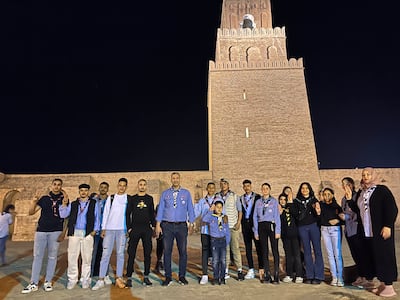
Coexistence through culture
Inside the mosque, tourists from China, Russia, India, Iran, Spain and many other countries visit to share with locals the customs they cherish every Ramadan.
“Kairouan is strategically located and has all this cultural background but also religious as well," Elena Pelaez-Perez, a Spanish tourist from Cordoba, told The National as she wandered around the mosque.
"In such a small city you can see all the different cultures that Tunisia has gone through such as the Romans and Andalusians,” said Ms Perez, who said Kairouan reminds her of her hometown.
“I am in love with the city and it reminds me of my hometown … it feels like being at home without actually being,” she said.
“You do not see the stress on people’s faces like you see in Tunis, where they are preoccupied and sad. They are calm here and life is less stressful."
